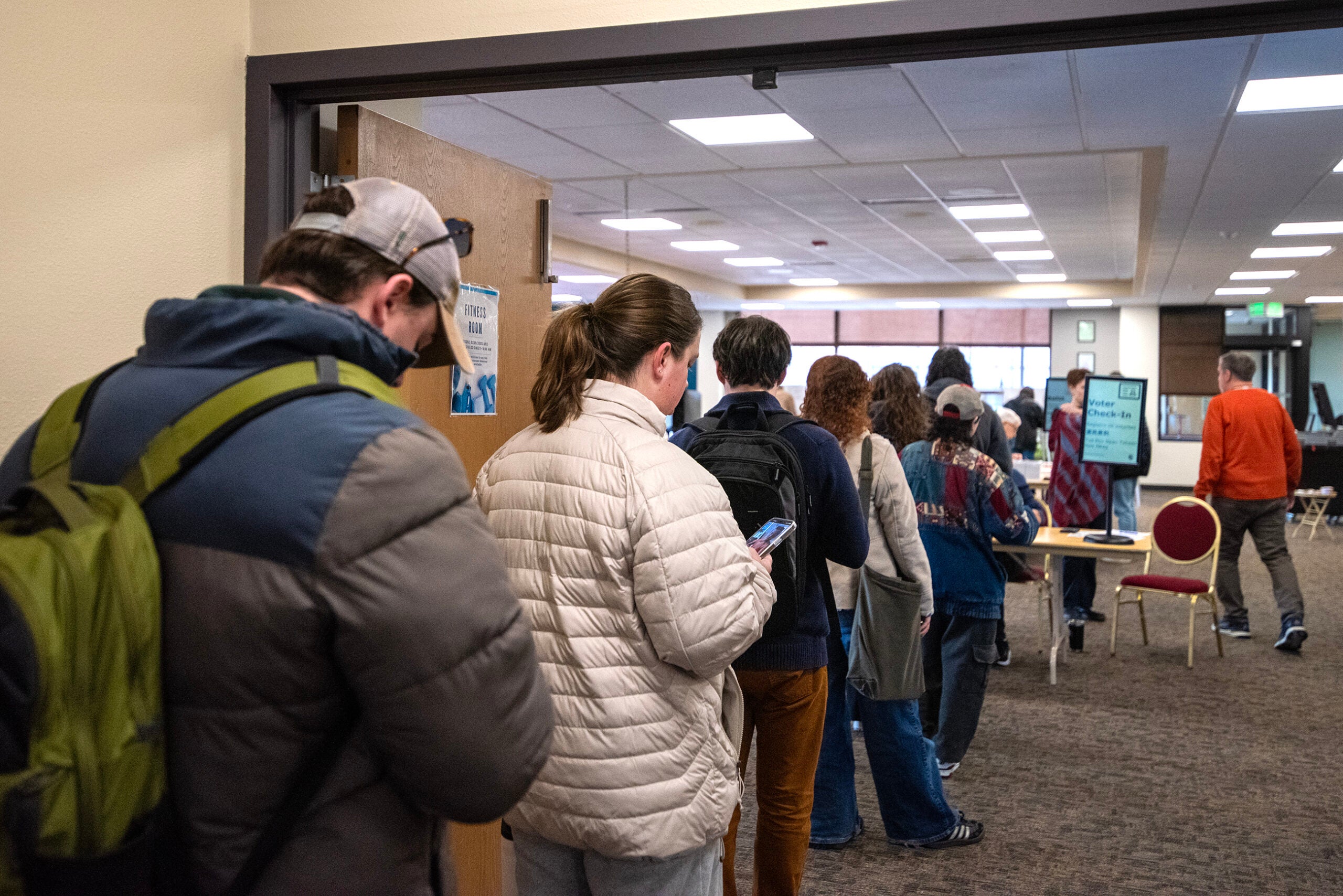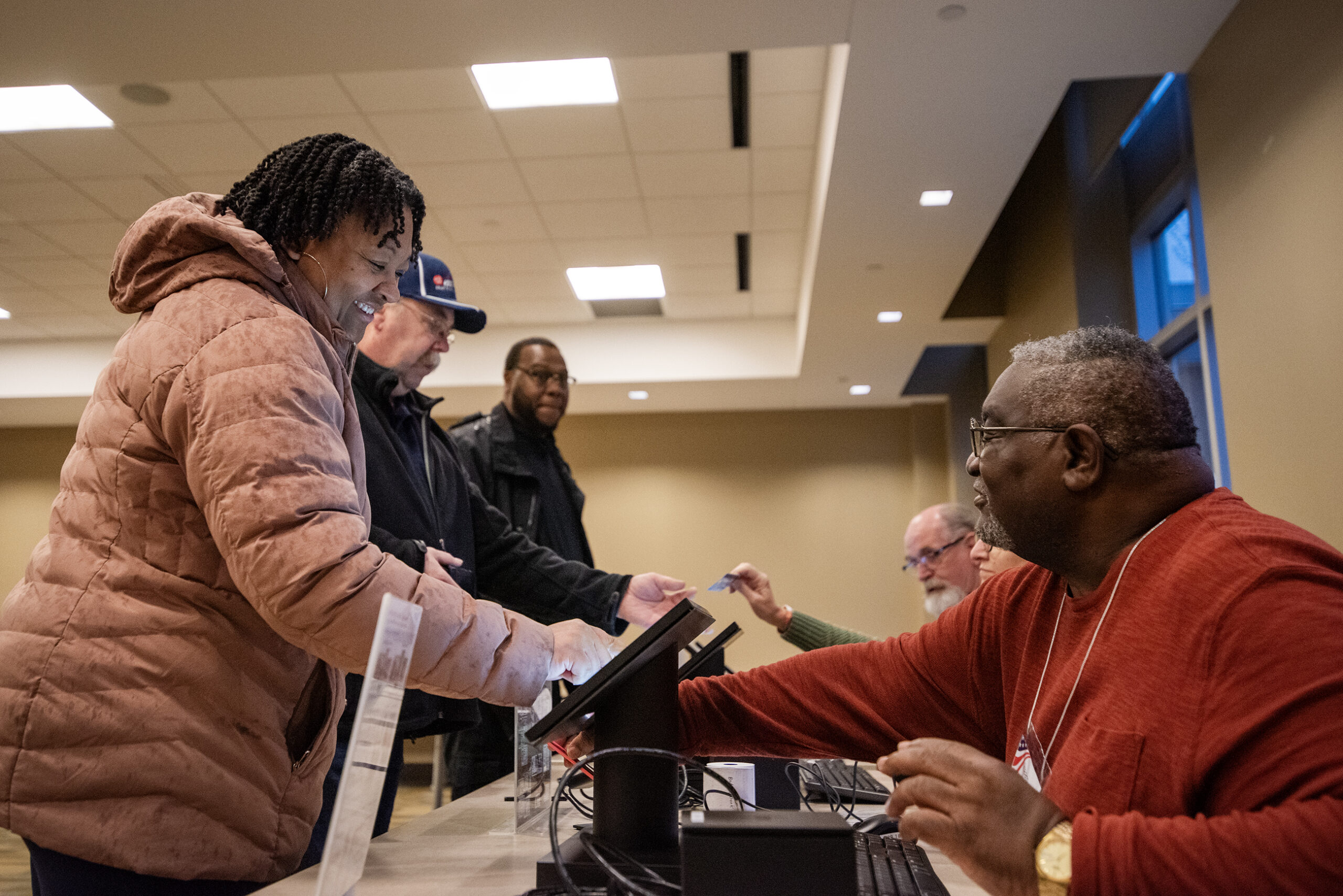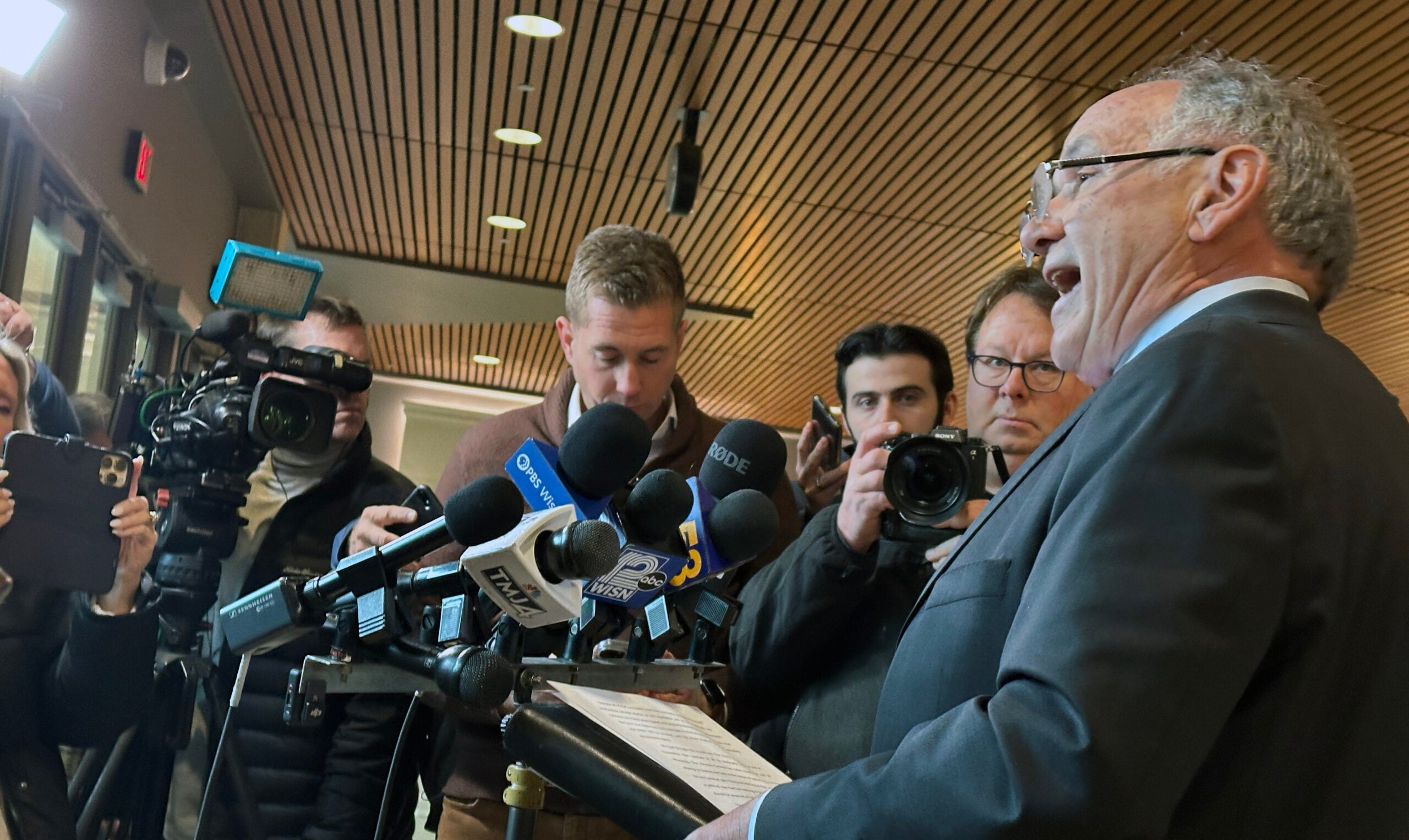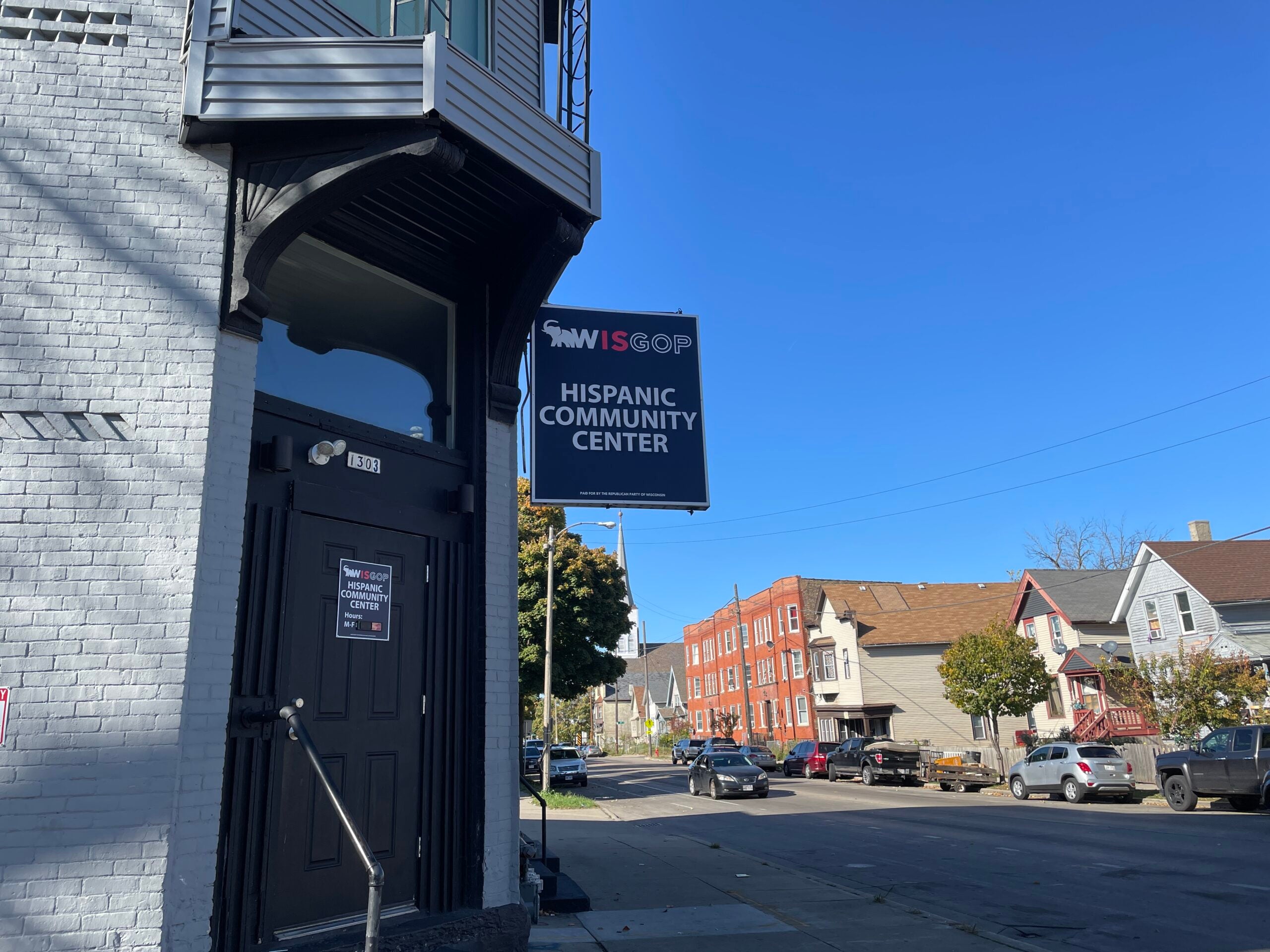Freshwater mussels are endangered in Wisconsin. We find out about a new effort to track their numbers in Wisconsin waters. Perceived crime trends can impact presidential elections and the views of voters. We find out what the real data is about public safety in the U.S. And we get the latest on the controversy on the role of the Clinton Foundation during Hillary Clinton’s tenure as secretary of state.
Featured in this Show
-
Report Says Clinton Foundation Donors Had Access To The State Department
Suspicions around the Clinton Foundation have heightened after emails sent through Hillary Clinton’s private server showed donors getting access to State Department staff. We talk to a journalist from the Associated Press who reported that more than half of the people from private interests that met with Clinton during her tenure as Secretary of State were foundation donors.
-
Tracking Freshwater Mussels In Wisconsin Waters
Freshwater mussel populations are endangered all over the world and in Wisconsin. Today, we hear about an effort from the DNR to track the numbers of freshwater mussels in Wisconsin waters.
-
Crime Trends In The United States
Crime has emerged as one of the big issues in the presidential race–but is crime going up or down in the United States? An expert on criminal justice puts recent statistics in long-term perspective.
-
Despite Recent High-Profile Cases, Overall Crime Rates Are Down, Professor Says
Crime and violence happening throughout the country and around the world can feel more immediate and local because of the 24-hour news cycle and easy access to professional and amateur footage on the Internet, despite violent crime statistics suggesting otherwise, according to a professor of criminal justice.
As a result, candidates for elected office at the local, state, and national levels are expected to address crime as one of the primary issues facing constituents.
In their convention acceptance speeches, presidential nominees Republican Donald Trump and Democrat Hillary Clinton both tackled issues of crime, justice and safety.
Trump made the case that crime has emerged as a major threat, and that as the “law and order” candidate he would turn things around.
Clinton didn’t follow Trump’s focus on crime being out of control in her address. But she did call for reforms in the aftermath of this summer’s high-profile police-involved shootings and the shootings targeting police in Dallas, Texas, and Baton Rouge, Louisiana.
But regardless of perceptions that crime and violence are a growing threat, the data shows that up until last year, overall crime rates are actually going down, said Stan Stojkovic, a professor of criminal justice and dean of the Helen Bader School of Social Welfare at the University of Wisconsin-Milwaukee.
“You start to see a massive decrease in the 90s, and a continued decrease during the beginning part of the century,” Stojkovic said, adding that “the general theme is that violent crime has actually gone down.”
In his convention acceptance speech, Trump said “decades of progress made in bringing down crime are now being reversed by this administration’s rollback of criminal enforcement,” adding that homicides increased more last year than in the previous 25.
Stojkovic said there has been an uptick in crime statistics in the last year, but Trump’s assessment isn’t fully accurate. Homicide and manslaughter rates have stayed relatively stable when they are indexed by population rates and “the vast majority” of what is categorized as violent crime is aggravated assault. The increases in some areas of the country of that type of crime have caused a slight increase overall in the violent crime statistics.
“Those are serious crimes, I don’t want to minimize that,” Stojkovic said. “But I think to suggest that there’s a rollback, or that individuals are being treated differently, I think that that would be an incorrect statement.”
The question remains whether presidential candidates should be judged heavily on their approach to crime and law enforcement. Stojkovic doesn’t think so.
“The fact of the matter is that crime is a local phenomenon, it’s controlled locally, it’s largely budgeted locally except for some federal outlays for specific programs,” Stojkovic said. “So the reality is that local communities have to respond to these things in the way that they can best respond. It won’t be through the federal government or through a presidential candidate.”
Episode Credits
- Rob Ferrett Host
- Veronica Rueckert Host
- Haleema Shah Producer
- Veronica Rueckert Producer
- Rob Ferrett Producer
- Eileen Sullivan Guest
- Meg Jones Guest
- Stan Stojkovic Guest
Wisconsin Public Radio, © Copyright 2025, Board of Regents of the University of Wisconsin System and Wisconsin Educational Communications Board.





